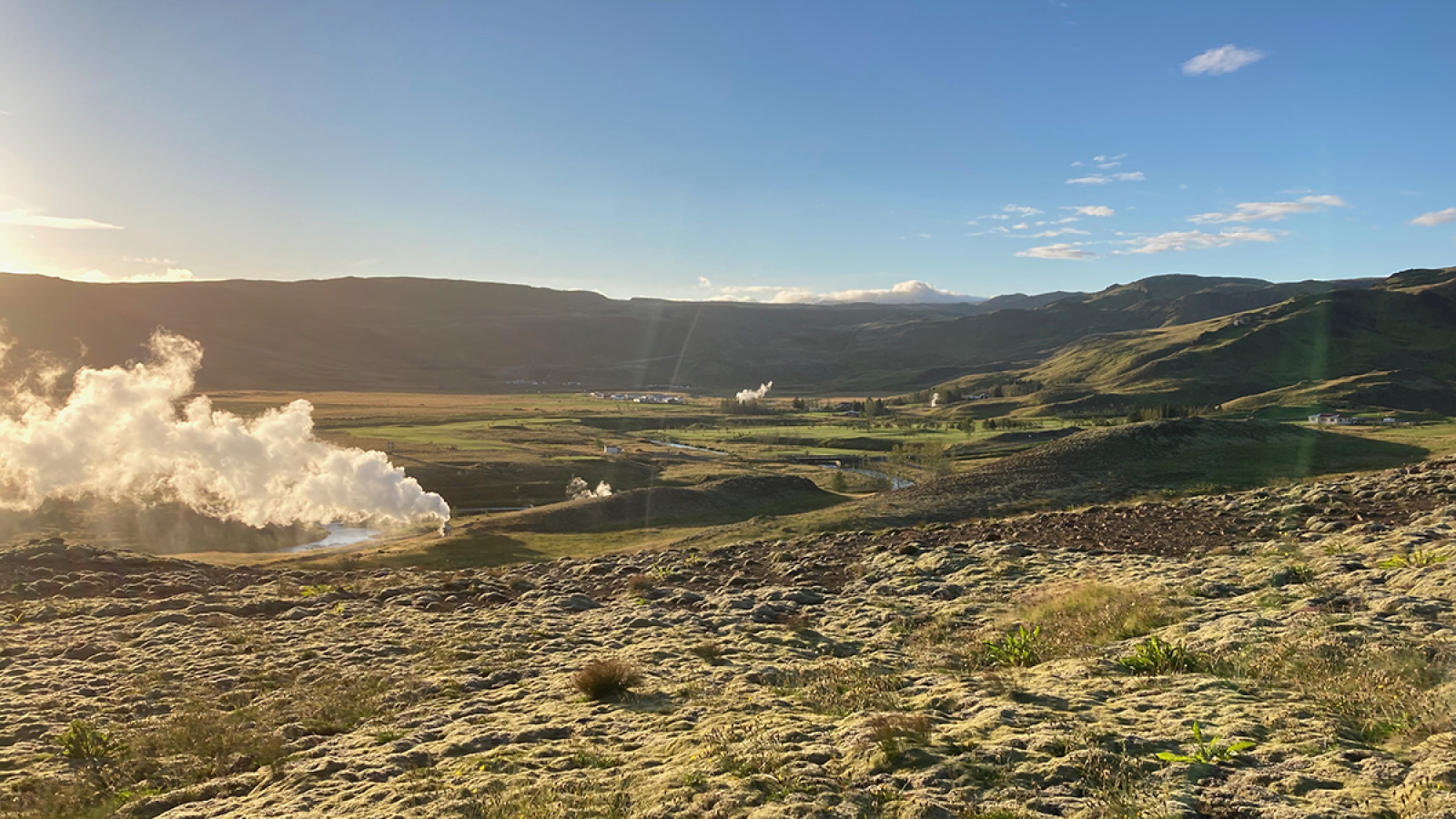
Jane Goodall says humanity's 'disrespect of the natural world' brought on the pandemic
The legendary primatologist urged people to develop a new, more sustainable relationship with the natural world.

Get the world’s most fascinating discoveries delivered straight to your inbox.
You are now subscribed
Your newsletter sign-up was successful
Want to add more newsletters?

Delivered Daily
Daily Newsletter
Sign up for the latest discoveries, groundbreaking research and fascinating breakthroughs that impact you and the wider world direct to your inbox.

Once a week
Life's Little Mysteries
Feed your curiosity with an exclusive mystery every week, solved with science and delivered direct to your inbox before it's seen anywhere else.

Once a week
How It Works
Sign up to our free science & technology newsletter for your weekly fix of fascinating articles, quick quizzes, amazing images, and more

Delivered daily
Space.com Newsletter
Breaking space news, the latest updates on rocket launches, skywatching events and more!

Once a month
Watch This Space
Sign up to our monthly entertainment newsletter to keep up with all our coverage of the latest sci-fi and space movies, tv shows, games and books.

Once a week
Night Sky This Week
Discover this week's must-see night sky events, moon phases, and stunning astrophotos. Sign up for our skywatching newsletter and explore the universe with us!
Join the club
Get full access to premium articles, exclusive features and a growing list of member rewards.
Legendary primatologist Jane Goodall says the COVID-19 pandemic has highlighted the need for humans to develop a new, more sustainable relationship with nature, according to news reports.
"We basically brought this [pandemic] on ourselves by our disrespect of the natural world, forcing animals closer to people, making it easier for a pathogen to jump from an animal to a person," Goodall said in an interview with AFP. "Hopefully this pandemic has woken people up. We must develop a new relationship with the natural world."
Though the exact origin of the novel coronavirus that causes COVID-19 has yet to be found, scientists know the virus originated in an animal before making its way into the human population.
Goodall made the comments Thursday (May 20) after winning the 2021 Templeton Prize, a $1.5 million award that honors people who "harness the power of the sciences to explore the deepest questions of the universe and humankind's place and purpose within it," according to the John Templeton Foundation, which grants the prize. Previous recipients of the award include the Dalai Lama and Mother Teresa.
Goodall told The Guardian that she wants to draw attention to several major problems that the world faces today, including an unsustainable lifestyle in developed countries and harmful agricultural practices.
"We have this crazy notion that we can have unlimited economic development on a planet with finite natural resources and a growing population of humans and their livestock," Goodall told The Guardian. "We have to work out some kind of sustainable population, especially of livestock. Commercial agriculture is destroying immense areas of habitat to grow the grain to feed all these billions of animals — and a lot of fossil fuels are used in the process."
Goodall additionally told AFP, "We have to somehow create a more sustainable, greener economy. We have to have a new mindset for our survival," in light of crises posed by climate change and natural resource loss.
Get the world’s most fascinating discoveries delivered straight to your inbox.
Goodall is best known for her work with wild chimpanzees that changed the way we see these animals and their relationship with humans.
She began her study of chimpanzees in the 1960s in the Gombe forest of Tanzania. She made several revolutionary discoveries while observing the animals, including that chimpanzees make and use tools — a trait that was previously thought to be uniquely human, Live Science reported.
In 1977, Goodall founded the Jane Goodall Institute, a conservation organization that supports the protection of chimpanzees and promotes sustainable living.
Originally published on Live Science.

Rachael is a Live Science contributor, and was a former channel editor and senior writer for Live Science between 2010 and 2022. She has a master's degree in journalism from New York University's Science, Health and Environmental Reporting Program. She also holds a B.S. in molecular biology and an M.S. in biology from the University of California, San Diego. Her work has appeared in Scienceline, The Washington Post and Scientific American.
 Live Science Plus
Live Science Plus










